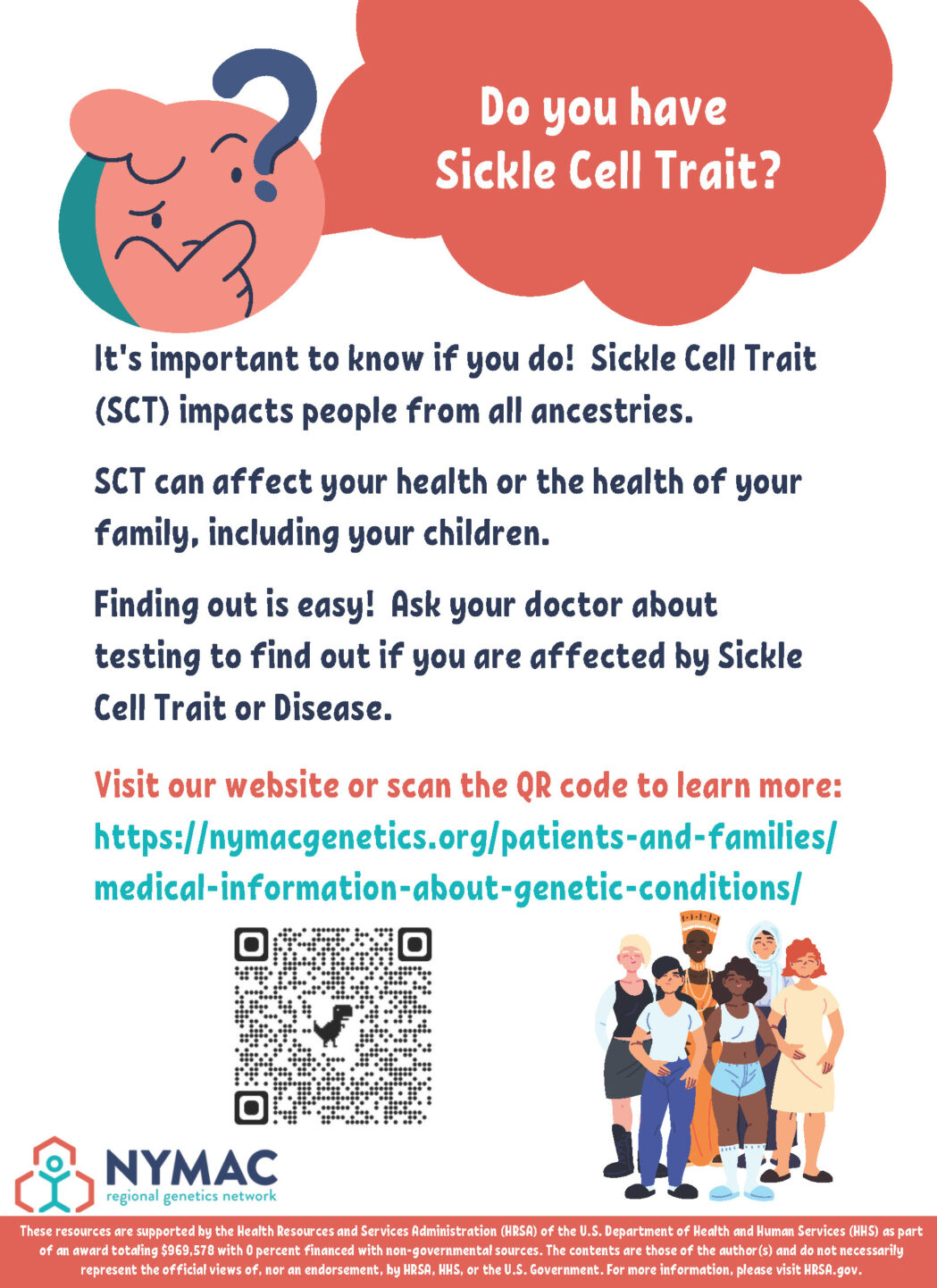- Genetics Home Reference: Your Guide to Understanding Genetic Conditions
Genetics Home Reference, a service of the National Library of Medicine, provides consumer-friendly information about the effects of genetic variations on human health. It includes sections on Genetic Conditions, Newborn Screening, Genes, Chromosomes, a Handbook, Glossary and Resources. - Genetic and Rare Diseases Information Center (GARD) – an NCATS Program | Providing information about rare or genetic diseases. (nih.gov)
GARD is a program of the National Center for Advancing Translational Sciences (NCATS) to provide access to current, reliable, and easy to understand information about rare or genetic diseases in English or Spanish. - Global Genes and RARE-X Global Genes is committed to providing information, resources and connections to all communities affected by rare diseases. RARE-X is a research program of Global Genes that provides a collaborative platform for global data sharing and analysis to accelerate treatments for rare disease. Search here for a rare disease:
- National Organization for Rare Disorders
NORD’s Rare Disease Database provides brief introductions for patients and caregivers to specific rare diseases. - NHGRI’s Online Genetics Education Resources
The National Human Genome Research Institute has compiled a list of online genetics educational materials. - Genetic Alliance
Founded in 1986 as the Alliance for Genetic Support Groups, Genetic Alliance has become the world’s leading nonprofit health advocacy organization committed to transforming health through genetics. Their open network connects members of parent and family groups, community organizations, disease-specific advocacy organizations, professional societies, educational institutions, corporations, and government agencies to create novel partnerships. - Autism and Genetics
WEBINAR: What Can Genetics Tell Us? (sponsored by Mountain States regional genetics network) - For Families — New England Consortium of Metabolic Programs
The New England Consortium of Metabolic Programs brings together healthcare professionals at all levels involved in identifying and treating individuals with metabolic disorders. Consortium projects have included: developing acute illness materials for the treatment of metabolic disorders to be used by general practitioners and emergency room staff and sponsoring social support events around New England. - Sickle Cell Disease and Hemoglobinopathies
It is important to know if you have sickle cell trait. About 1 out of every 12 African Americans has sickle cell trait and about 1 out of every 100 Hispanics has sickle cell trait. However, it is possible for a person of any race or nationality to have sickle cell trait. Please click on the links below for more information:

